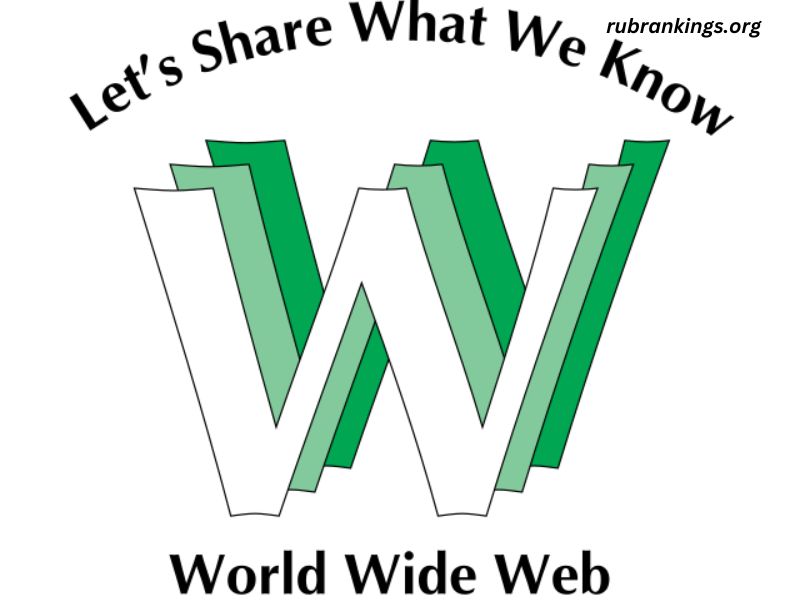Information and internet law is a crucial aspect of modern legal practice, encompassing a wide range of legal principles that govern the use of digital technologies and the internet. With the proliferation of online platforms, digital communication, e-commerce, social media, and cloud computing, the need for well-defined and globally applicable legal frameworks has never been more pressing. This article explores the significance of information and internet law, its global practice, and its citation in the context of legal documents and cases.
The Evolution of Information and Internet Law
Information and internet law has evolved rapidly over the last few decades, driven by the exponential growth of the internet and technology. Initially, the legal systems surrounding digital content were relatively underdeveloped, but the increasing volume of online activities, from social media to e-commerce, required new legal regulations.
The key areas of information and internet law encompass the following:
- Cybersecurity and Privacy: The protection of personal data, privacy rights, and sensitive information has become a central concern for governments, businesses, and individuals. Laws such as the European Union’s General Data Protection Regulation (GDPR) and the California Consumer Privacy Act (CCPA) are major global milestones in the protection of user data.
- Intellectual Property Rights: With the internet facilitating the rapid sharing of content, intellectual property (IP) laws play an important role in protecting the rights of creators and innovators. This includes the protection of copyrights, trademarks, and patents in the online space.
- E-commerce and Digital Transactions: The rise of e-commerce platforms such as Amazon, Alibaba, and eBay has led to the development of laws governing online trade, consumer protection, and payment systems. These laws aim to ensure that transactions conducted over the internet are secure and that consumers are protected from fraud.
- Content Regulation: Governments across the world are developing laws that regulate the content shared on the internet, particularly in the realms of hate speech, defamation, and pornography. The boundaries of free speech on the internet are continuously being tested, and legal systems must find a balance between regulating harmful content and preserving individual liberties.
- Internet Governance: A critical issue in global information and internet law is the governance of the internet itself. The decentralized nature of the internet poses unique challenges for regulation and international cooperation. The role of organizations such as the Internet Corporation for Assigned Names and Numbers (ICANN) and the International Telecommunication Union (ITU) is pivotal in shaping the global internet landscape.
- Digital Contracts and Electronic Signatures: With the shift to digital interactions, contracts and agreements are increasingly being executed online. Legal systems have adapted to ensure that digital contracts are as enforceable as traditional paper contracts, often through the use of electronic signatures, which are governed by legislation such as the U.S. Electronic Signatures in Global and National Commerce Act (ESIGN).
The Global Nature of Information and Internet Law
One of the defining characteristics of information and internet law is its global reach. The borderless nature of the internet means that laws governing online activities must often be applied across multiple jurisdictions. This creates complex legal challenges, as different countries have varying approaches to data privacy, free speech, and cybersecurity.
For example, a company based in the United States may collect data from users in Europe, which would be subject to the GDPR. Similarly, content uploaded to a platform like Facebook may be subject to different laws depending on whether the user is based in the U.S., the U.K., or China. These challenges require international collaboration and the development of global frameworks that promote consistent legal standards while respecting cultural and legal differences.
Notable Global Legal Frameworks
Several global treaties and regulations have shaped the development of information and internet law. Some of the most influential include:
- The General Data Protection Regulation (GDPR): Enacted in 2018, the GDPR is one of the most comprehensive data protection laws in the world. It governs the collection, processing, and storage of personal data of European Union (EU) citizens, imposing strict rules on businesses worldwide that handle such data. The GDPR has had a far-reaching impact, influencing privacy laws in other countries and regions.
- The Digital Millennium Copyright Act (DMCA): In the U.S., the DMCA is a key piece of legislation governing copyright issues in the digital realm. It criminalizes the unauthorized distribution of copyrighted content online and provides a framework for removing infringing content from platforms like YouTube and Facebook.
- The Convention on Cybercrime (Budapest Convention): Adopted in 2001, the Budapest Convention is the first international treaty aimed at addressing cybercrime. It establishes guidelines for cross-border cooperation in investigating and prosecuting online crimes, such as hacking, fraud, and child exploitation.
- The California Consumer Privacy Act (CCPA): Enacted in 2018, the CCPA gives California residents control over their personal data. It is considered one of the most stringent data privacy laws in the U.S. and has influenced other states and countries to adopt similar laws.
- The Telecommunications Act and the Communications Decency Act: These U.S. laws provide a framework for internet service providers (ISPs) and platforms in terms of liability for content posted by users. Section 230 of the Communications Decency Act, in particular, has been a significant legal protection for online platforms, allowing them to host user-generated content without being held liable for what users post.
Key Legal Issues in Information and Internet Law
Several critical legal issues arise in the practice of information and internet law. These issues often involve a balance between protecting individual rights and promoting the benefits of a free and open internet.
- Data Privacy: The growing concerns over data privacy have led to the implementation of various laws such as the GDPR and the CCPA. However, data privacy is a complex issue that involves not only legal compliance but also technological solutions to safeguard personal information. Legal professionals must stay up to date on the latest privacy laws and ensure that organizations comply with them.
- Cybersecurity: The increasing frequency of cyberattacks has heightened the importance of cybersecurity laws. Countries and businesses are under pressure to protect sensitive data and ensure that they are taking proactive steps to prevent data breaches. International cooperation is critical in combating cybercrime, as attacks often cross borders.
- Intellectual Property in the Digital Age: Intellectual property laws have been put to the test in the digital age, where content can be easily reproduced and distributed online. Legal challenges include the infringement of copyrights, unauthorized use of trademarks, and patent issues in the tech industry. Digital rights management (DRM) technologies and platforms that host user-generated content often find themselves at the center of these legal battles.
- Freedom of Expression vs. Content Regulation: Balancing the right to free expression with the need to regulate harmful content online has become a contentious issue. Governments are under pressure to combat online hate speech, misinformation, and incitement to violence, while tech companies are seeking to protect their users’ ability to express themselves freely.
- Jurisdictional Challenges: One of the unique challenges of information and internet law is determining which country’s laws apply in cases of international disputes. For example, a data breach affecting users in multiple countries may involve complex questions of jurisdiction. International treaties and legal cooperation are essential in resolving these issues.
Citation in Legal Practice
In legal practice, the citation of global information and internet laws is crucial for ensuring that legal arguments are supported by authoritative sources. Lawyers and legal professionals must refer to relevant statutes, treaties, and case law when advising clients or representing them in court.
Legal citations are governed by specific rules, depending on the jurisdiction. In the United States, the Bluebook citation style is commonly used, while in the United Kingdom, the OSCOLA (Oxford University Standard for the Citation of Legal Authorities) style is preferred. For international cases, it is important to cite treaties, conventions, and cross-border regulations correctly.
For example, a citation in a U.S. case involving GDPR compliance might look like this:
General Data Protection Regulation (EU) 2016/679, Art. 5(1)(b), 2016 O.J. (L 119) 1.
For a citation involving the Budapest Convention, it might appear as:
Convention on Cybercrime, Budapest, 23 Nov. 2001, ETS 185.
The citation style helps ensure the accuracy and credibility of legal arguments and ensures consistency in referencing global legal sources.
Conclusion
Information and internet law is a dynamic and rapidly evolving field that plays a central role in modern legal practice. As the internet continues to shape global communication, commerce, and culture, legal professionals must stay informed about the latest developments in cybersecurity, data privacy, intellectual property, and online content regulation. With the interconnectedness of the global digital landscape, legal frameworks must be adaptable and capable of addressing cross-border challenges. By citing relevant laws, treaties, and case law, legal professionals can ensure that their practice is grounded in authoritative and current legal standards, fostering a safe, secure, and fair online environment for all.



